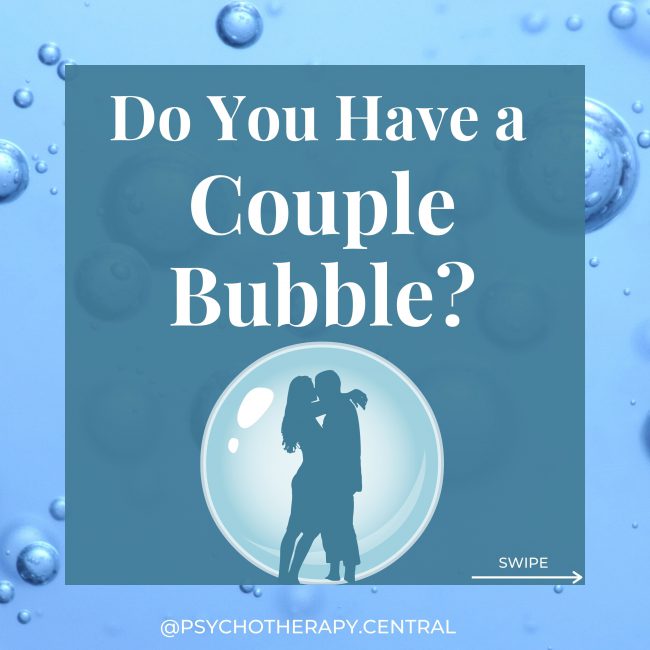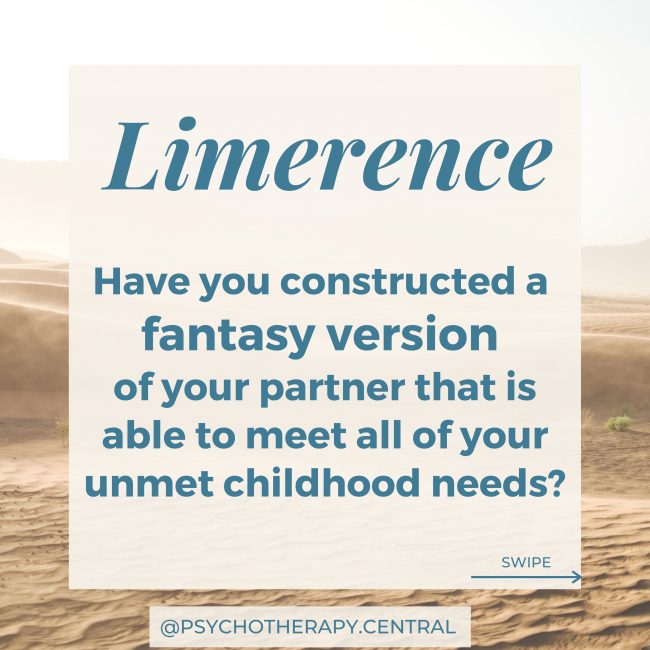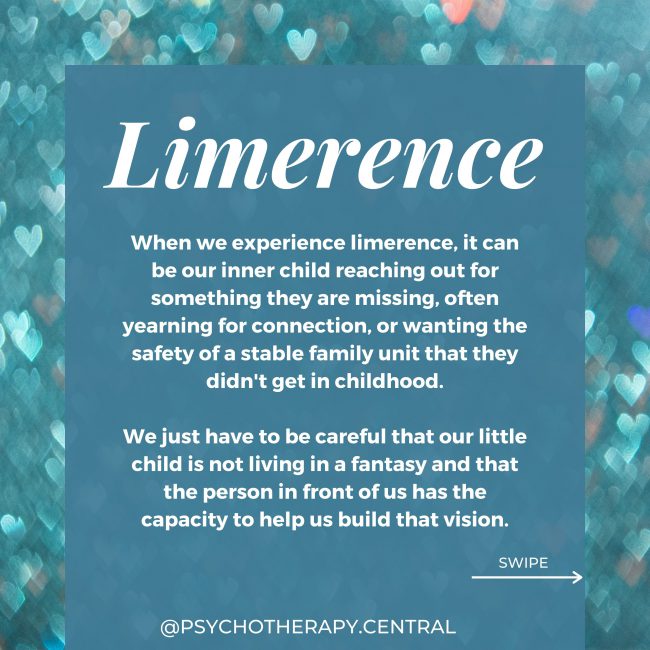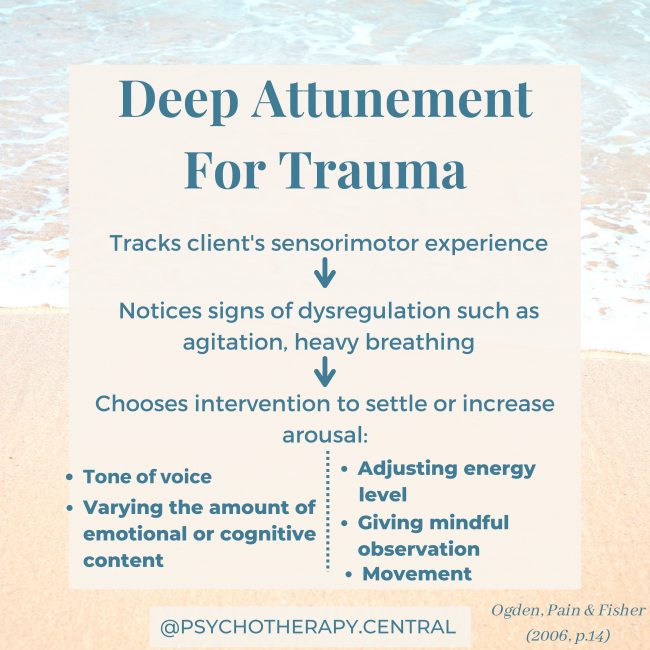As adults, we need safe and secure places where we can come to be refueled and replenished. We venture out into the world, meet challenges, and experience things that rock us. Our partner is there for us at these times. …
Tag: psychotherapy

What is a ‘Couple Bubble’?
The couple bubble should feel safe. When you are together, there is a sense of being loved, nurtured and protected by one another. A mutual flow of energy, not one person doing all of the work. It is the foundation …

5 Steps to Reality-Check your Relationship
Sometimes we need to reality-check our relationship. It is okay to want a relationship. Humans are social creatures, we are hard-wired for connection. But sometimes we can want it so badly that we ignore the red flags and we make …
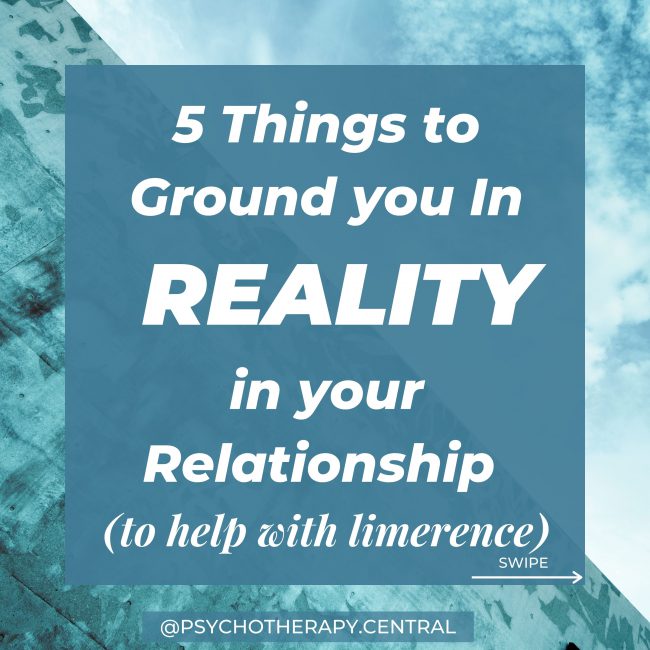
5 Things to Ground you In Reality in your Relationship
If you are wondering if you are In Limmerence, it could be time to have a reality check. Are they honest? Are they transparent? Do they hold themselves accountable? Do they live morally? Are your values aligned? Do you feel …
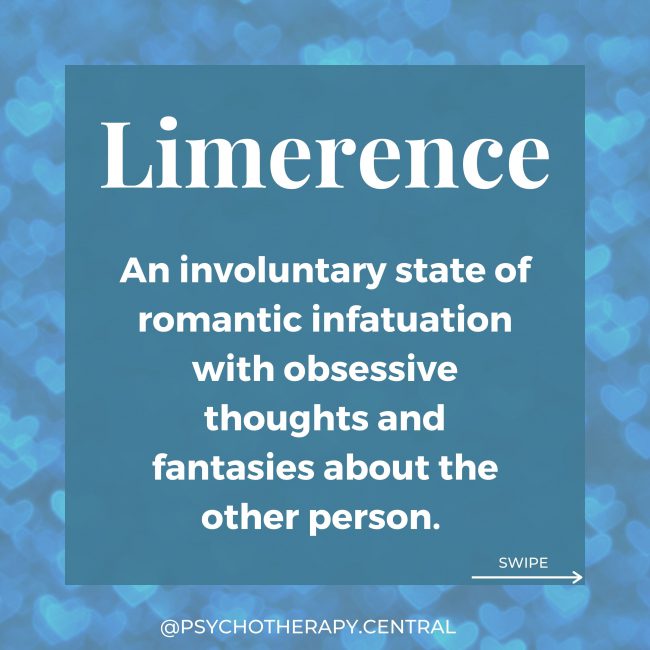
Limerence a State of Love Sickness
Limerence was first identified by the psychologist Dorothy Tennov in the 1970s in her book, Love and Limerence: The Experience of Being In Love. When we fall into infatuation, we don’t see clearly, and we risk ignoring obvious red flags. …

